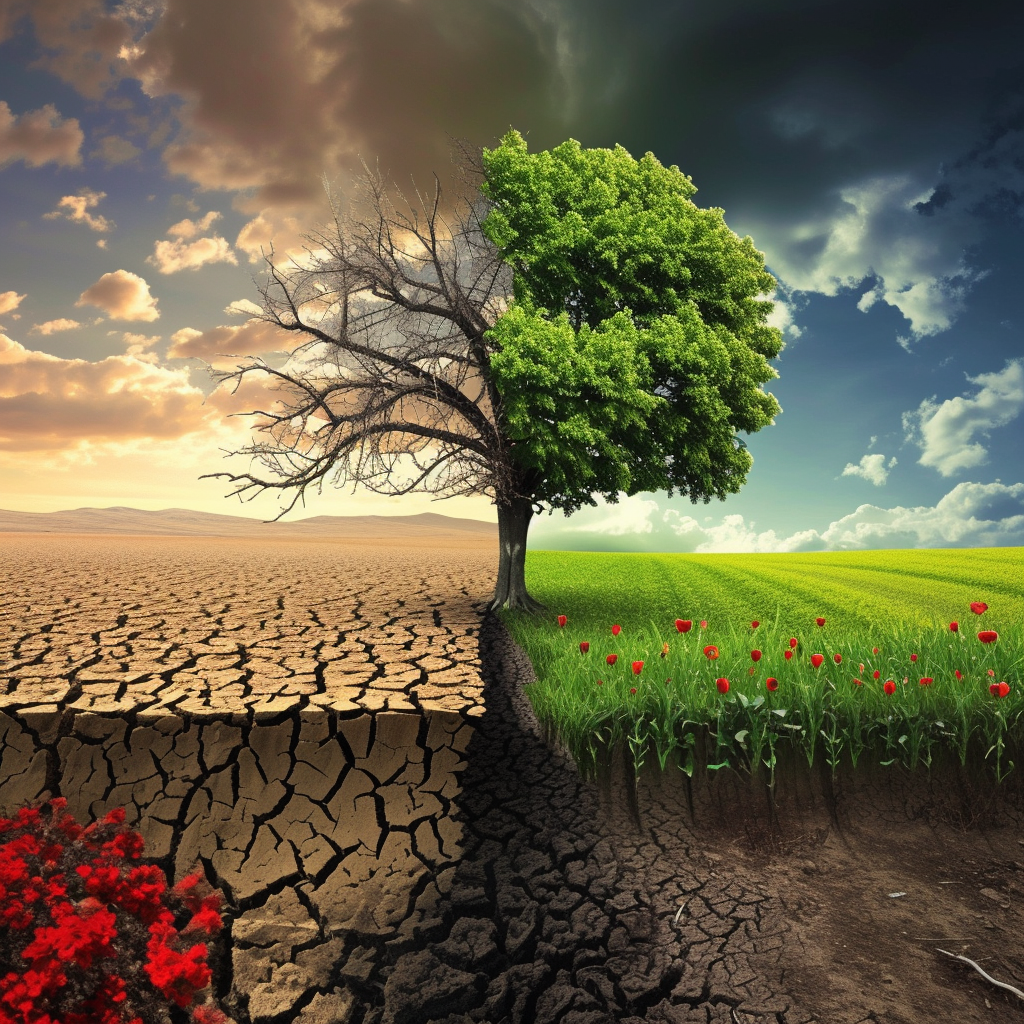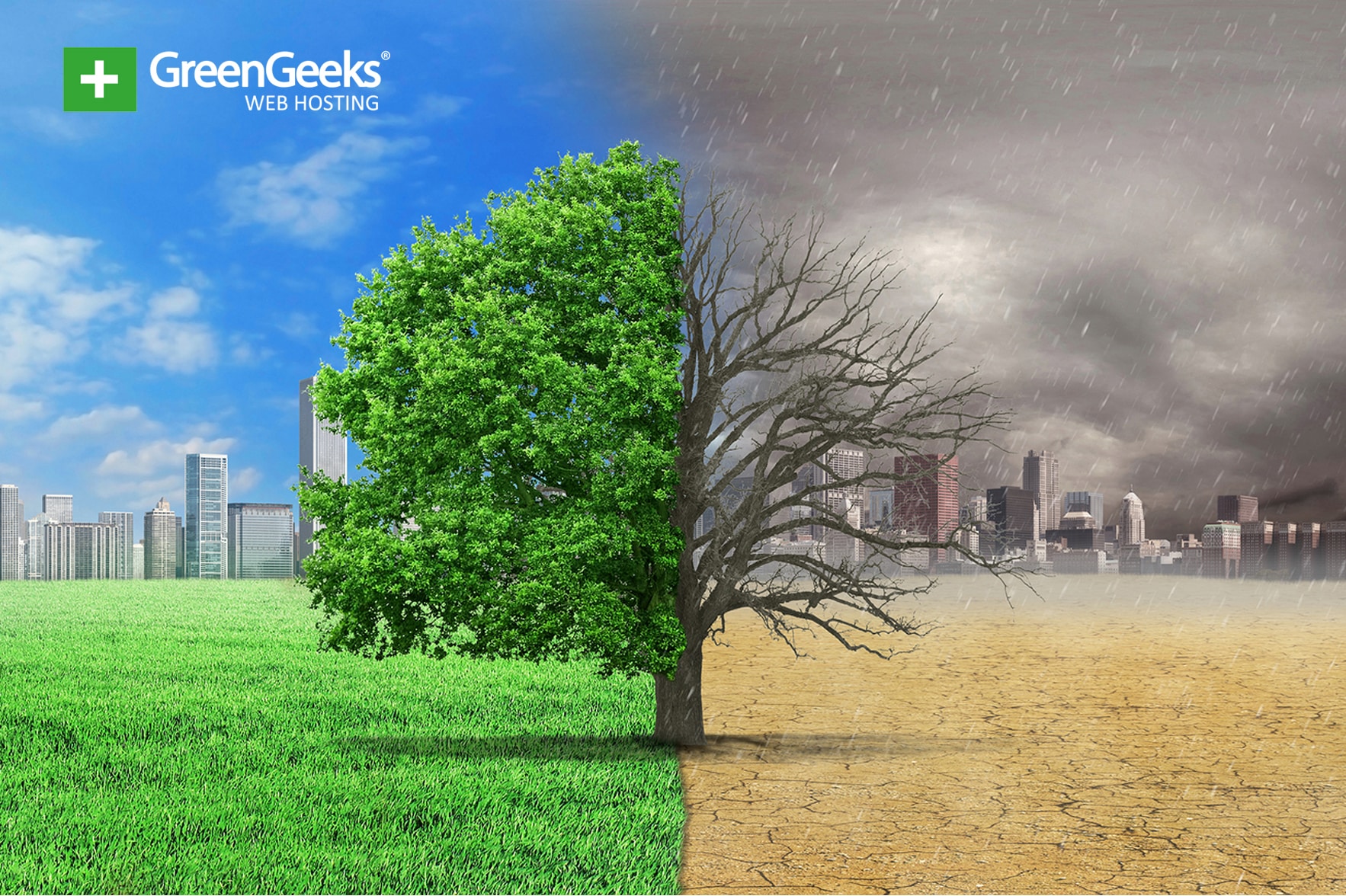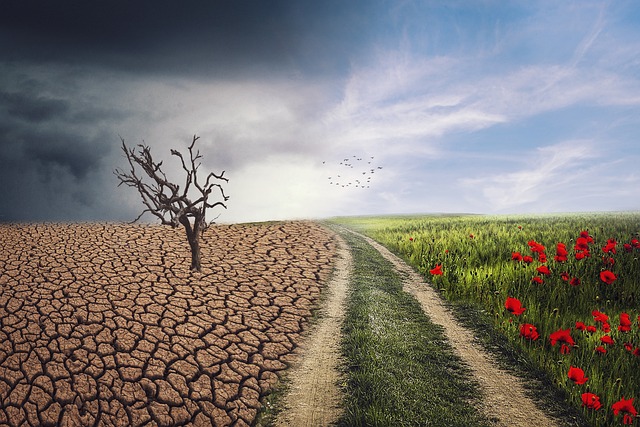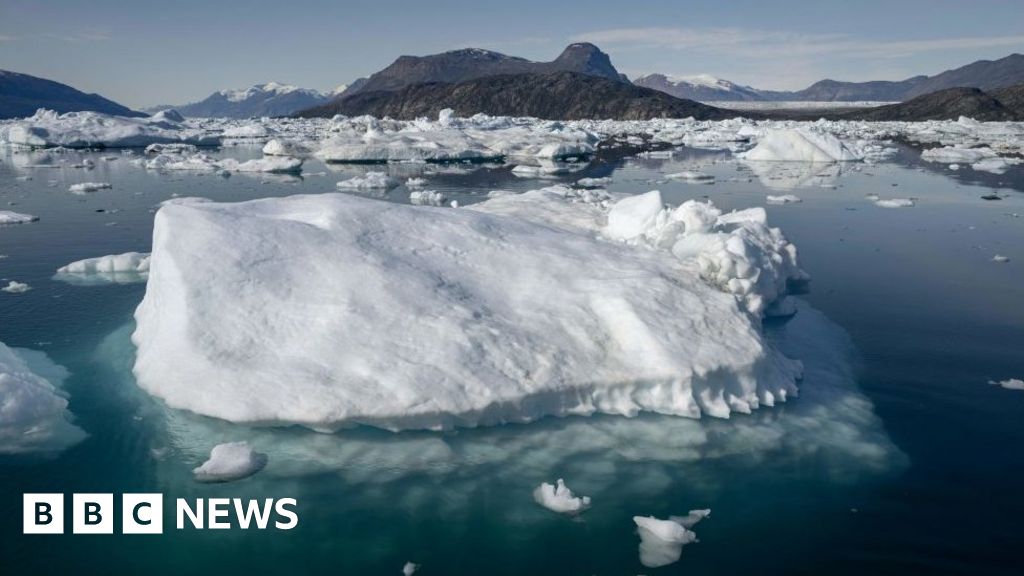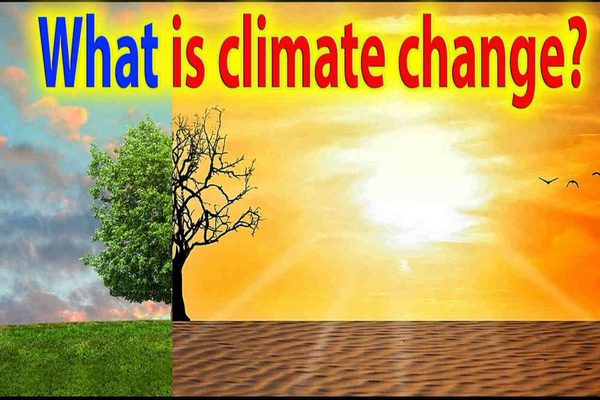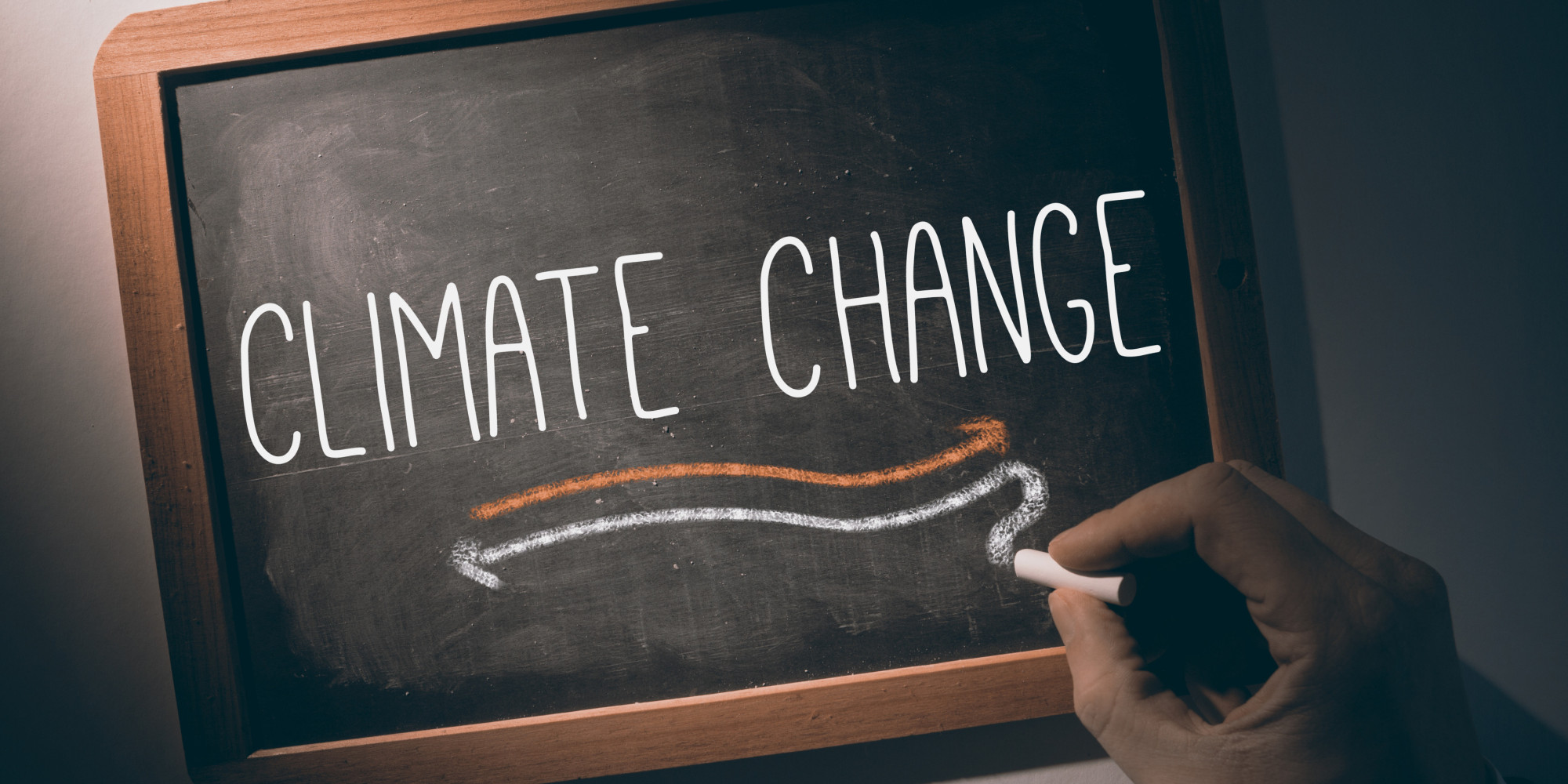Climate change is one of the most pressing issues of our time, with far-reaching consequences for our planet and its inhabitants. The
United Nations has been at the forefront of efforts to combat climate change, and their resources provide valuable insights into this complex and multifaceted issue. In this article, we will explore what climate change is, its causes and effects, and what we can do to mitigate its impact.
What is Climate Change?
Climate change refers to the long-term warming of the planet, which is primarily caused by the increasing levels of greenhouse gases in the Earth's atmosphere. These gases, such as carbon dioxide and methane, trap heat from the sun and prevent it from being released back into space, leading to a rise in global temperatures. This phenomenon is often referred to as global warming.
Causes of Climate Change
The main cause of climate change is human activity, particularly the burning of fossil fuels such as coal, oil, and gas, which releases large amounts of carbon dioxide into the atmosphere. Deforestation and land-use changes, such as the clearing of forests for agriculture and urbanization, also contribute to climate change by releasing stored carbon into the atmosphere and reducing the ability of forests to act as carbon sinks.
Effects of Climate Change
The effects of climate change are widespread and varied, ranging from rising sea levels and more frequent natural disasters to changes in weather patterns and water scarcity. Some of the most significant impacts of climate change include:
Rising Sea Levels: As the planet warms, the polar ice caps melt, causing sea levels to rise and coastal areas to flood.
More Frequent Natural Disasters: Climate change is leading to an increase in extreme weather events such as hurricanes, droughts, and wildfires.
Changes in Weather Patterns: Climate change is altering weather patterns, leading to more frequent and severe heatwaves, droughts, and storms.
Water Scarcity: Changes in precipitation patterns and increased evaporation due to warmer temperatures are leading to water scarcity in many parts of the world.
What Can We Do to Mitigate Climate Change?
The good news is that there are many steps we can take to reduce our carbon footprint and mitigate the effects of climate change. Some of these steps include:
Reducing Energy Consumption: Using public transport, carpooling, and using energy-efficient appliances can help reduce our energy consumption and lower greenhouse gas emissions.
Using Renewable Energy: Transitioning to renewable energy sources such as solar and wind power can significantly reduce our reliance on fossil fuels and lower emissions.
Protecting and Restoring Natural Carbon Sinks: Preserving and restoring forests, wetlands, and other ecosystems that absorb carbon dioxide can help mitigate the effects of climate change.
Climate change is a pressing global issue that requires immediate attention and action. The United Nations and other organizations are working tirelessly to raise awareness and promote action on climate change. By understanding the causes and effects of climate change and taking steps to reduce our carbon footprint, we can all play a role in mitigating its impact and creating a more sustainable future for our planet.
For more information on climate change and what you can do to help, visit the
United Nations website. Together, we can make a difference and create a better future for all.
